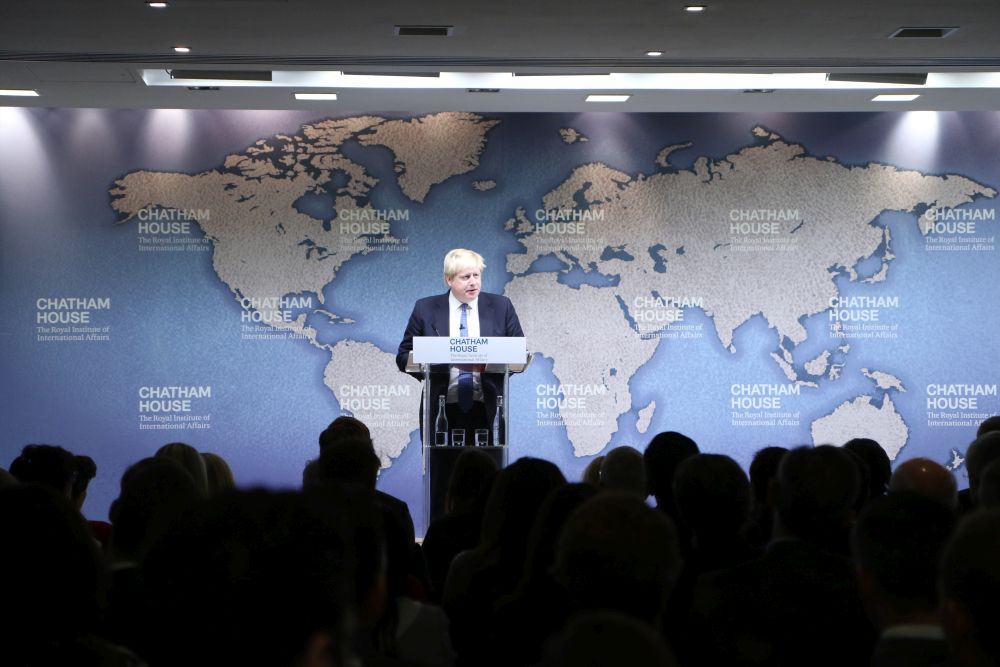
The EU is the largest importer of agricultural products from develop countries, said Gail Soutar, NFU Chief Economics and International Affairs Adviser in reply to an article by Boris Johnson in the Telegraph in February.
In the article, Boris Johnson said the Common Agricultural Policy is 'iniquitous towards developing countries.
"The EU is legislating over an ever wider range of policy areas, now including human rights, and with Britain ever more frequently outvoted."
But NFU's Soutar said: "In-fact the EU is the largest importer of agricultural products from developing countries - the result of deliberate policy choices by EU policy makers to grant favourable trading terms to developing countries.
"In 2014, the EU imported almost €74 billion of agricultural products from developing countries, more than the US, Canada, Japan, Russia and China combined.
"Almost 60% of total EU imports of agricultural products come from developing countries.
"Imports from 49 least-developed countries, including leading products such as coffee, teas and sugar cane are duty free and quota free, while other developing countries benefit from preferential access to EU markets.
"Successive reforms of the EUs agriculture policy (CAP) means that the CAP of today is designed to ensure farmers react to market signals and to allow EU farmers to compete globally. The EU agreed to permanently end export refunds through the WTO negotiations last December and was instrumental in securing agreement from Canada, Australia, New Zealand and the US that they remove their trade distorting export support.
"Rather than bemoaning EU efforts and perpetuating misunderstanding of EU agriculture and trade agenda, may I suggest Mr Johnson studies more closely the special partnerships that the EU has created with developing countries, as well as its successive reforms of its agriculture policy, and consider whether his view is not in-fact outdated?"
